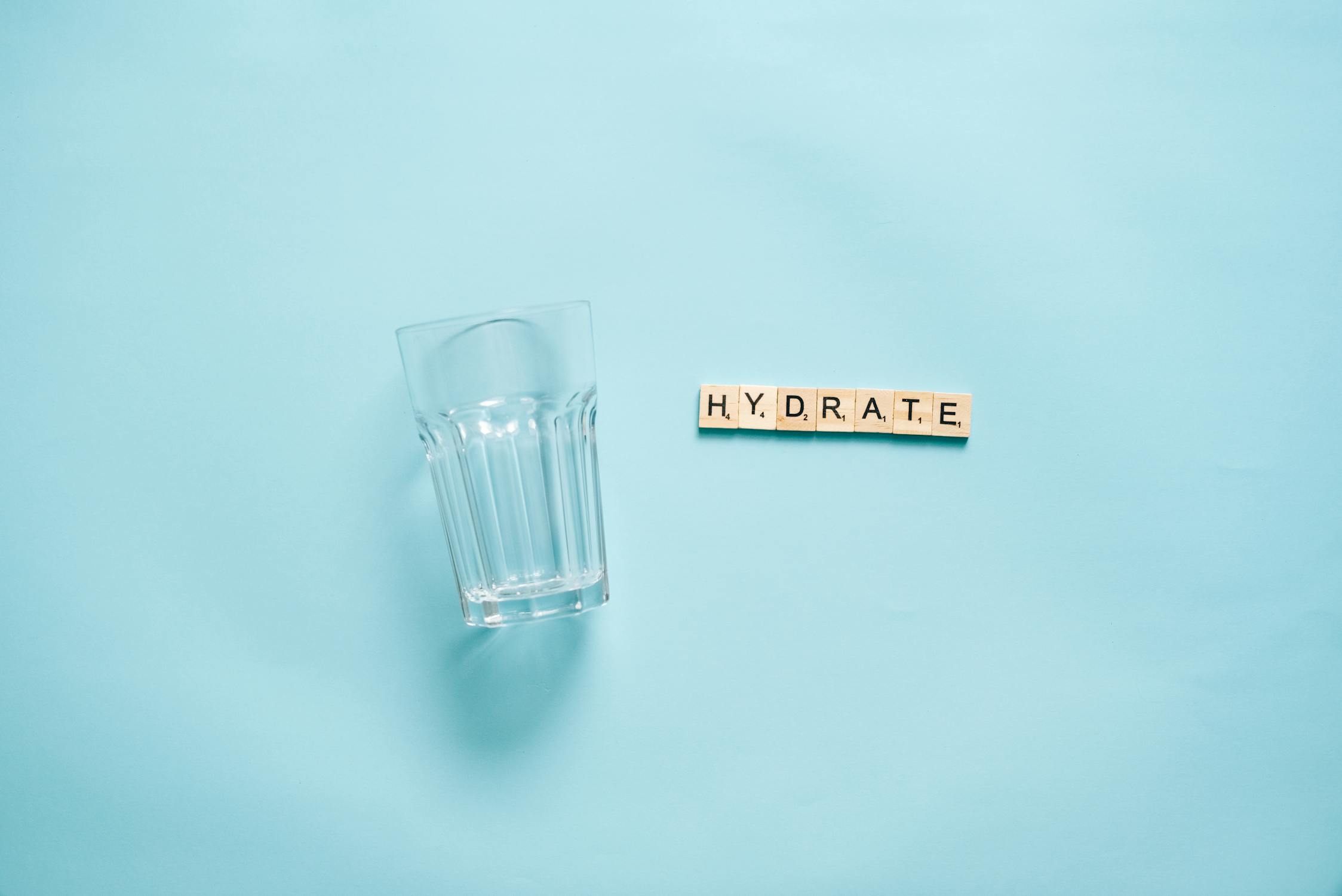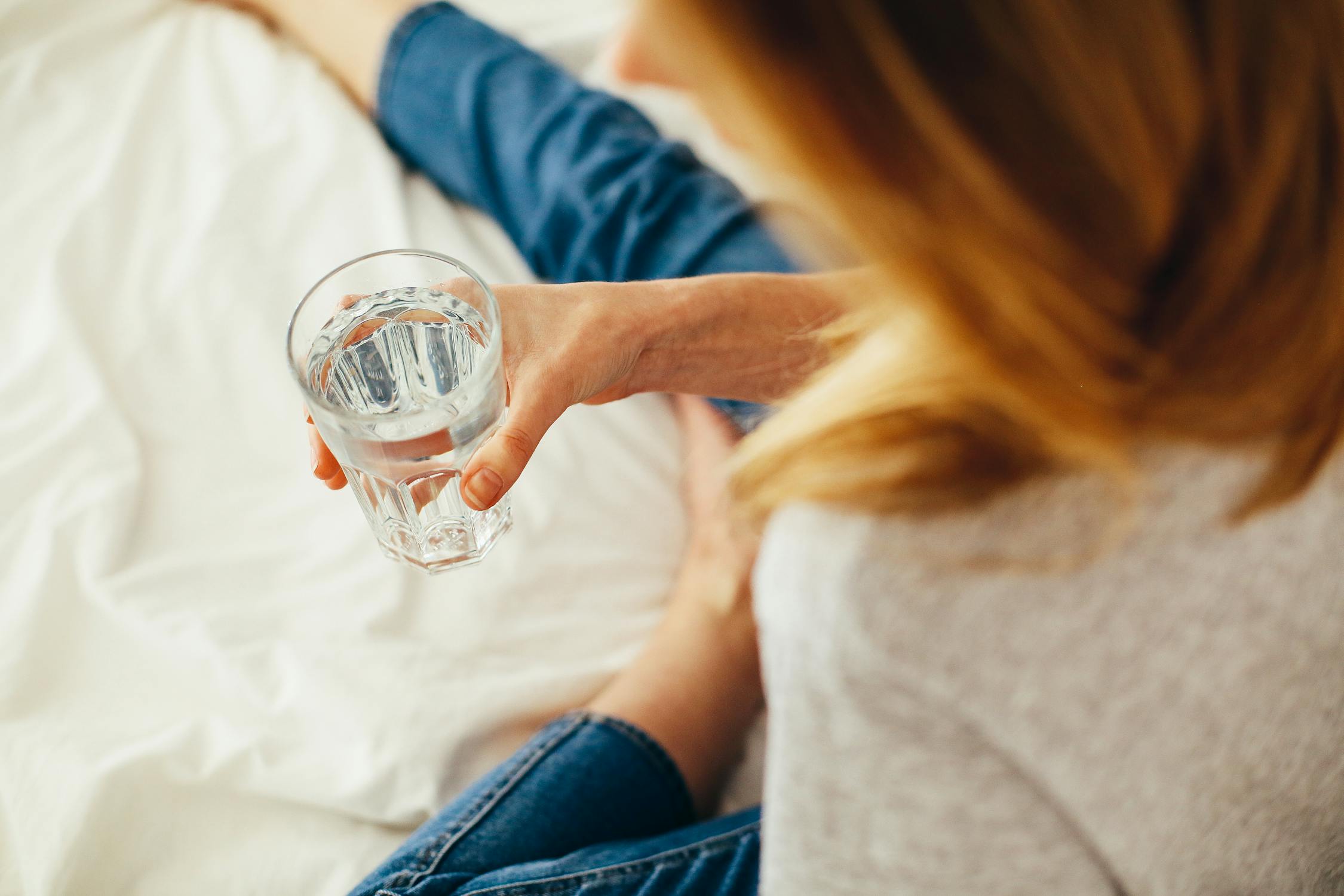Why You Need to Hydrate: 7 Science-Backed Health Reasons
Here are 7 evidence-based health benefits of drinking plenty of water.
1. Fluid loss can impair physical performance
Staying hydrated can help maximise physical performance. This is particularly important during high heat or if you’re having exercise.
You can tell you’re dehydrated if you lose as little as 2% of your body’s water content. But if you’re a professional athlete, it isn’t uncommon for you to lose as much as 6–10% of your water weight via sweat.
If this happens, it can lead to altered body temperature control, reduced motivation and increased fatigue. Dehydration can also make exercise feel much more difficult, both physically and mentally.
Your muscles are about 80% water. This means optimal hydration may reduce the oxidative stress that occurs during high-intensity exercise. If you exercise intensely and tend to sweat, staying hydrated can help you perform at your absolute best.

2. Mild dehydration affects brain function significantly
How much you hydrate may strongly influence how well your brain works.
Even mild dehydration, such as the loss of 1–3% of body weight, can impair many aspects of brain function. In a study on young women, researchers found that 1.4% of fluid loss after exercise impaired both mood and concentration. It also increased the frequency of headaches.
When a similar study was conducted on young men, they found that fluid loss of 1.6% was detrimental to working memory and increased feelings of anxiety and fatigue.
For a person weighing 68 kg, a fluid loss of 1–3% equals about 0.5–2 kg of body weight loss. Through normal daily activities alone, this can easily happen. So imagine how much fluid loss you can have during exercise or high heat.
Furthermore, plenty of other studies with subjects ranging from children to older adults have shown that mild dehydration can impair mood, memory and brain performance.
3. Drinking water *may* help with headaches
Research has shown that a headache is one of the most common symptoms of dehydration. For example, a study of 393 people found that 40% of the participants experienced a headache as a result of dehydration.
Some other studies have shown that drinking water can help relieve headaches in those who experience frequent headaches. A study in 102 men found that drinking an additional 1.5 litres of water per day resulted in significant improvements on the Migraine-Specific Quality of Life Scale, which is a scoring system for migraine symptoms. Furthermore, 47% of the men who drank more water reported headache improvement while only 25% of the men in the control group reported this effect.
However, not all studies concur. Researchers have concluded that because of the lack of high-quality studies, more research is needed to confirm how increasing hydration may help improve headache symptoms and decrease headache frequency
4. Drinking plenty of water may relieve constipation
Constipation is characterised by infrequent bowel movements and difficulty passing stool. It’s very common and increasing fluid intake is often recommended as a part of the treatment protocol.

Low water consumption appears to be a risk factor for constipation in both younger and older individuals. This means increasing hydration may help decrease constipation.
Those with constipation may well benefit from mineral water as their go-to beverage. Studies have shown that mineral water that’s rich in magnesium and sodium improves bowel movement frequency and consistency in people with constipation.
5. Increased water intake may help treat kidney stones
Urinary stones are painful clumps of mineral crystals that form in the urinary system. The clumps most commonly take the form of kidney stones, which form in the kidneys.
As far as hydration goes, there’s limited evidence that water intake can help prevent recurrence in people who have previously gotten kidney stones. Higher fluid intake increases the volume of urine passing through the kidneys. This dilutes the concentration of minerals. This way they’re less likely to crystallize and form clumps.
Water may also help prevent the initial formation of stones although more studies are required to confirm this.
6. Drinking water can help prevent hangovers
Dehydration isn’t the main cause of hangovers. But it still can cause symptoms like thirst, fatigue, headache and dry mouth.
Alcohol is a diuretic. That means it's the substance that causes increased production of urine. In other words, drinking alcohol makes you lose more water than you take in. This in turn can lead to dehydration.

Good ways to reduce hangovers are to drink a glass of water between drinks and have at least one big glass of water before going to bed.
7. Water intake can promote weight loss
If you’re thinking of losing some weight, drinking plenty of water can help you with that.
This is because water can increase satiety and boost your metabolic rate. Some evidence suggests that increasing water intake can promote weight loss by slightly increasing your metabolism. Increased metabolism can in turn increase the number of calories you burn on a daily basis.
A 2013 study in 50 overweight young women demonstrated that drinking an additional 500 mL of water 3 times per day before meals for 8 weeks led to significant reductions in body weight and body fat compared with their pre-study measurements.
The timing is important too. Evidence suggests that drinking water half an hour before meals is the most effective. It appears that doing so can make you feel more full so that you eat fewer calories. In one study, dieters who drank half litres of water before meals lost 44% more weight over a period of 12 weeks than dieters who didn’t drink water before meals.
Key takeaways
Drinking water can easily be underrated. Even mild dehydration can affect you mentally and physically.
Make sure that you get enough water each day, whether your personal goal is the standard eight glasses of water or a different amount. It’s one of the easiest and best things you can do for your overall health.
Having Crystals Bottle with you at all times can help you stay hydrated. Put it at the head of your yoga mat or next to your spinning bicycle. The psychological benefits of drinking from crystal water bottles may outweigh any changes in frequency or electrical charge in the water.
According to some of the consumers, They believe and feel that it benefits them. So by any measure, that is a success toward their ultimate health goals. Sometimes all we need to improve our health, mind, and wellness is a belief in something.



















